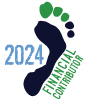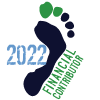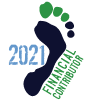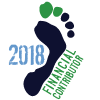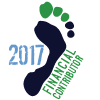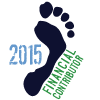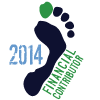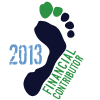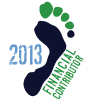Neil_D
Chapter Presidents
Very interesting thread. I think there are may of us out there that tend to over rule our bodies signals when it comes to feeling tired. Being runners we have a discipline where we have to get out and run so many km per week and we like to increase the distance over time with future goals in mind. I realise that if when it comes time for your run you get that lack of enthusiasm feeling, it may just be the body telling the brain that "hey I need a bit of rest, take a day or two off". Other overtraining signals such as getting colds too frequently are ones I watch out for. I don't think those would give you any warnings of a more serious heart problem though. My resting pulse (in the morning) is around 38 which is probably from 30+ years of running, even in the middle of the day it only gets up to about 50 (which is what it is now as I'm sitting at the PC). I do remember an incident when I was staying with a friend in Minneapolis years ago. I went for a run around one of the lakes on a hot day, quite humid too. When I got back my heart was up near 120-130 at a guess, about 20 minutes later after I'd cooled down my heart was still beating like crazy, it felt very strange. I put it down to heat stress. It sorted itself out after an hour, it did panic me a bit thought.
Neil
Neil



